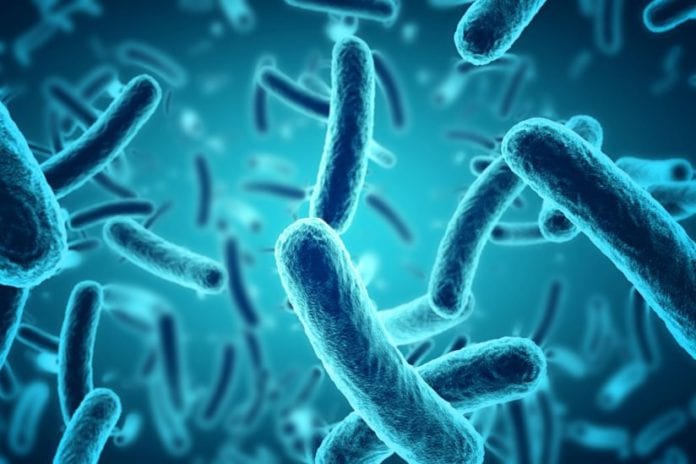A new study from NUIG has found E. coli bacteria in rivers, lakes, and beaches across Ireland, including many which are designated Excellent by EU monitoring standards.
The study led by Professor Dearbháile Morris and Dr Louise O’Connor from NUIG’s School of Medicine looked for genetic markers for E. coli in water samples collected around Ireland between December 2018 and October 2019.
E. coli bacteria are part of the normal gut flora of humans and animals, but not all are exactly the same, with some far more dangerous to humans to humans.
Shiga-toxigenic E. coli (STEC), is a particularly nasty bacteria which can cause severe intestinal infection, and potentially renal failure and death.
Ireland has had the highest incidence rate for human infection with STEC among EU member states for many years, reporting 10 times the EU average in 2017
Of the 75 recreational water samples tested in this study, 65% overall were positive for the presence of STEC genetic markers.
These include 56% of seawater samples, 93% of river samples and 75% of lake samples.
Prof Morris said that to her knowledge this is the first time recreational waters around Ireland have been investigated for STEC markers, and that they found very high levels in their samples.
“It is worth noting that all of the bathing waters tested were designated as of good or excellent quality based on current EU bathing water quality monitoring criteria,” Prof Morris said.
Recreational water quality is assessed based on estimating the total number of E. coli in a 100ml sample over a defined time-period (May to September).
Prof Morris said that result of this study show the limitations of only assessing the total number of E. coli in a sample “without taking into consideration the potential pathogenicity of some variants.”
The findings of this research were due to be presented at this year’s European Congress on Clinical Microbiology and Infectious Diseases.











